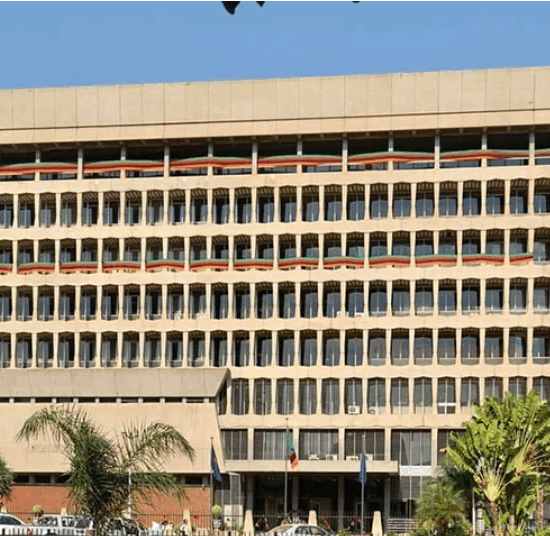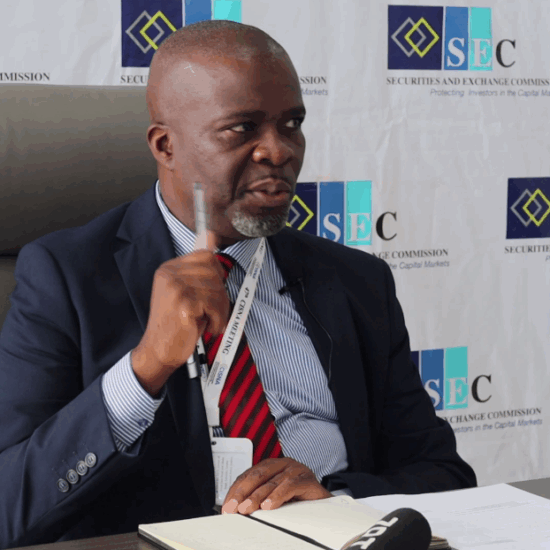
The low to no uptake of the K10 billion covid 19 relief package has exposed both the Bank of Zambia – BOZ and generally the financial services industry and vindicated the notion that there is limited to no lending facilities that is availed to local small and medium size enterprises – SMEs.
SMEs are among the most affected by the impact of the covid 19 restrictions that had seen some industries and sectors like hotels and lodges, bars and restaurants, schools and universities closed as a health measure to prevent the spread.
But the lack of uptake of the K10 billion financing facility by covid 19 affected local corporates and SME businesses perhaps demonstrates the disconnect with the financial services sector. The high Kwacha interest rate is also another challenge for SMEs, the cost of funding in Zambia is very high and there is need to advise at what interest rate these funds will be availed for.
Moreover, most SMEs don’t have notable lending facilities with banks and so could not access the funds. The banking industry in Zambia is dominated by multinationals and foreign banks branches which indirectly commit their lending to other multinationals and local branches of foreign multinationals.
Despite government through the Bank of Zambia – BOZ making available the K10 billion facility to provide medium term liquidity to businesses affected by COVID- 19, accessibility of these funds is not known to most businesses in the industry and so far, no bank or financial institution are proactively engaging their clients.
This facility was created to strengthen and enhance financial sector resilience particularly in the wake of the outbreak of the Coronavirus and its potentially devastating impact on the domestic economy.
President Edgar Lungu had in his fourth address to the nation on COVID-19 noted that awareness of disbursement of the K10 billion under the BOZ has not been adequately communicated to the would be beneficiaries. He directed the Ministry of finance to ensure that modalities are urgently communicated and the collateral demanded from the intended beneficiaries are realistic.
In a statement made available to the Zambian Business Times – ZBT by the ministry of Finance spokesperson Chileshe Kandeta, its indicated that the BOZ will under this facility provide liquidity to eligible Financial Service Providers – FSPs for onward lending to viable non-financial corporates and households.
Further, additional incentives will be given to the priority sectors identified in the Seventh National Development Plan – 7NDP such as agriculture, energy, manufacturing and tourism with a view to stimulating private sector led growth.
“A relatively smaller portion of the facility (about 40%) will also be made available to FSPs for the support of non-financial corporates in other sectors as well as households which could have otherwise been viable without the outbreak of COVID – 19.”
The Zambian economy is facing significant challenges as reflected reduced national revenue generation by the Zambia Revenue Authority – ZRA, rising inflation and debt service obligations on foreign denominated debt. The outbreak of COVID- 19 has compounded the situation resulting in unprecedented public health and economic challenges.







